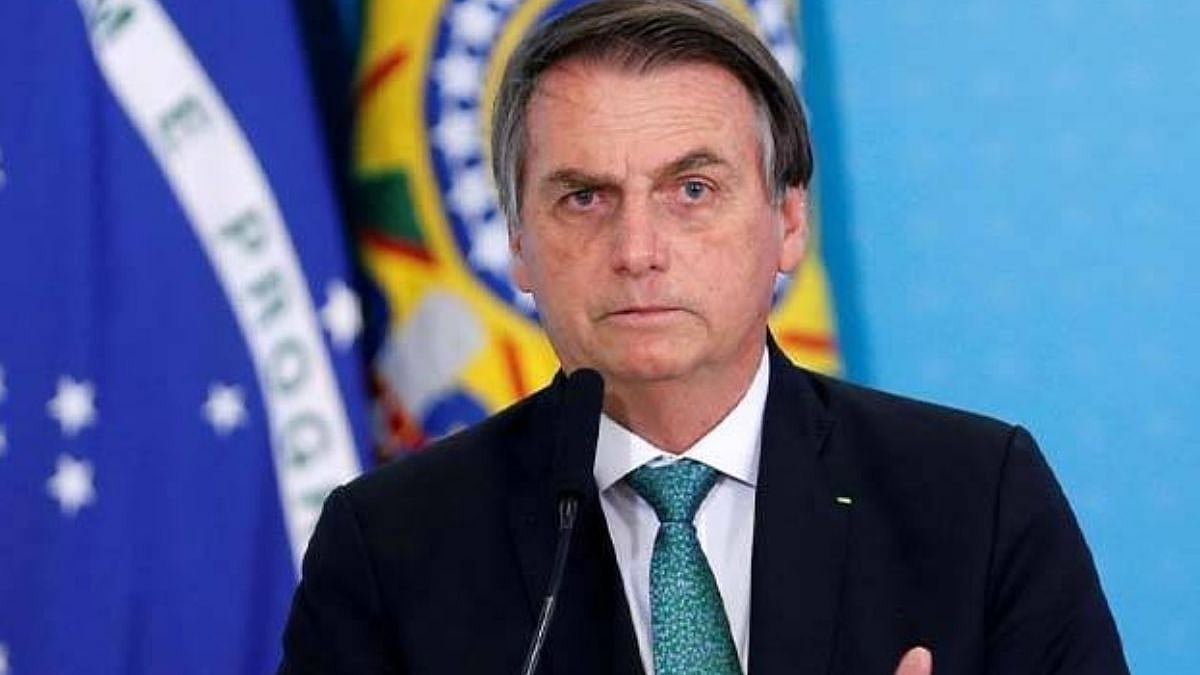The rise of right-wing political parties globally culminated in the emergence of Trump 2.0. The trend began with the formation of the BJP-led government of Prime Minister Narendra Modi in 2014.
Two years later, Donald Trump won the 2016 US presidential election. He could not then pursue unchecked his White supremacist and isolationist MAGA (Make America Great Again) agenda. His experienced and relatively balanced advisers constrained him. The COVID outbreak eventually tripped him. However, his 2024 victory, combined with the Republican Party’s control of both houses of Congress, as well as a 6-3 conservative Supreme Court majority, allows full play to his authoritarian instincts. Consequently, within the first 100 days, he has undermined American soft power and emboldened right and far-right forces globally.
It was unimaginable for a US vice president to openly encourage the AfD (Alternative for Germany), a neo-Nazi political organisation in Germany, before German parliamentary elections. That is precisely what JD Vance did. MAGA supporters have uninhibitedly supported European organisations opposing the European Union support for Ukraine or policies encouraging diversity and inclusiveness. A natural corollary is their anti-immigration agenda.
This political interference has been extended to sub-Saharan Africa for some time. American evangelical Christian groups have been courting Africa’s Christian right. Recently, a “Pan-African Conference on Family Values” in Nairobi targeted abortion, homosexuality and gender debate. Unsurprisingly, president William Ruto of Kenya and prime minister Abiy Ahmed of Ethiopia are born-again Christians. In 2023, Uganda passed a law barring homosexuality and introducing the death penalty for same-sex acts. The USAID’s disbanding by the Trump administration is welcomed by these Christian-right groups, as it ends the marketing of liberal values alongside the aid.
However, Trump’s blatant support for the right or far-right forces in the elections in countries that are US allies and friends has often backfired. The reelection of the Liberal Party in Canada and the Labour Party in Australia are two obvious examples. Similarly, in the Romanian presidential race, the centrist mayor of Bucharest, Nicusor Dan, just defeated his hard-right nationalist opponent George Simian. In Poland, on the other hand, right-wing nationalist Karol Nawrocki, who is a Trump admirer, won. He would continue to stymie, like his predecessor, the liberal government’s reform agenda.
The new Polish president belongs to the Law and Justice Party (PiS), which ruled during 2014-23. That party’s agenda is anti-women, anti-gay and opposed to liberalism. It denies the Holocaust, rejects the threat of climate change and advocates “patriotic economics”. The parliamentary elections, due in 2027, will determine whether PiS can recapture power. Poland is critical of the German-French move to make European security self-sufficient without US help. Poland also hosts 1 million Ukrainian refugees. Thus, the battle for the survival of social democratic and liberal parties in Europe continues, while Europe contends with the trade war launched by Trump and the Putin-inflicted Ukraine war.
The same contest between liberal and nationalist-right-wing parties is playing out in the far east. In the Republic of Korea, centrist-left Lee Jae-myung has won the presidential election by a convincing margin. In Malaysia a summit was held between the 10-member ASEAN and the 6-member Gulf Cooperation Council (GCC). They discussed trade and economic relations in a destabilised world. Singapore, meanwhile, hosted the annual Shangri-La Dialogue, attended by the principal security and defence officials and ministers. US Secretary of Defence Pete Hegseth reiterated US support for allies in the Asia-Pacific. This was against the backdrop of escalating Chinese military pressure on Taiwan. However, considering the US reluctance, under Trump, to get involved in military engagements abroad, only the naive would believe such statements.
The Canadian Prime Minister, Mark Carney, has forcefully voiced the end of their special relationship with the US. British King Charles’ state visit to Canada aimed to boost the Canadian morale amidst the standoff with the US. In his “throne speech” to the Canadian parliament, King Charles pointedly said that “the true north is indeed strong and free”. This rebutted periodic claims by Trump that Canada was America’s 51st state.
Trump’s postponed date for penal tariffs is July 9. Other than a US-UK trade deal, negotiations with others are still incomplete. The US is sending mixed messages regarding the trade deal with India. US Commerce Secretary Howard Lutnick earlier said the deal was likely in “not too distant future”. In a recent interview he began listing conditions India must meet, not just in the trade field but also in the geopolitical arena. India must, he began, abandon Russia as an arms supplier and exit the BRICS grouping. This sums up the perils of negotiating with Trumpian America. Demands can veer off the immediate subject to addressing Trump’s vacillating perceptions and biases.
The Indian government’s foreign policy handling over the last decade is thus getting tested. President Trump has resurrected the Kashmir dispute and re-hyphenated India and Pakistan by claiming he mediated the ceasefire. Engaging a bully, without calling out half-truths, only emboldens him. Relations with Canada, handled with aggressive public wrangling, have led to PM Modi not being invited to the Canada-hosted G7 summit so far. It is still unclear if Trump will attend the forthcoming India-hosted QUAD summit.
The BJP’s standard tactic of using military operations against Pakistan for domestic electoral benefit stands undermined by Trump’s claims and Pakistani boasts. The opposition has got a handle with the CDS, General Anil Chauhan, conceding a tactical lapse in the opening air battle with Pakistan on May 7. The Indian government benefits from Trump’s vanishing interest in American soft power and commitment to liberal values. But his unpredictability and US-centered policy formulation are destabilising global trade, finance and geopolitics. The government in its decade of being in power has not faced this combination of domestic, regional and global uncertainty.
KC Singh is former secretary, Ministry of External Affairs. Views are personal.











